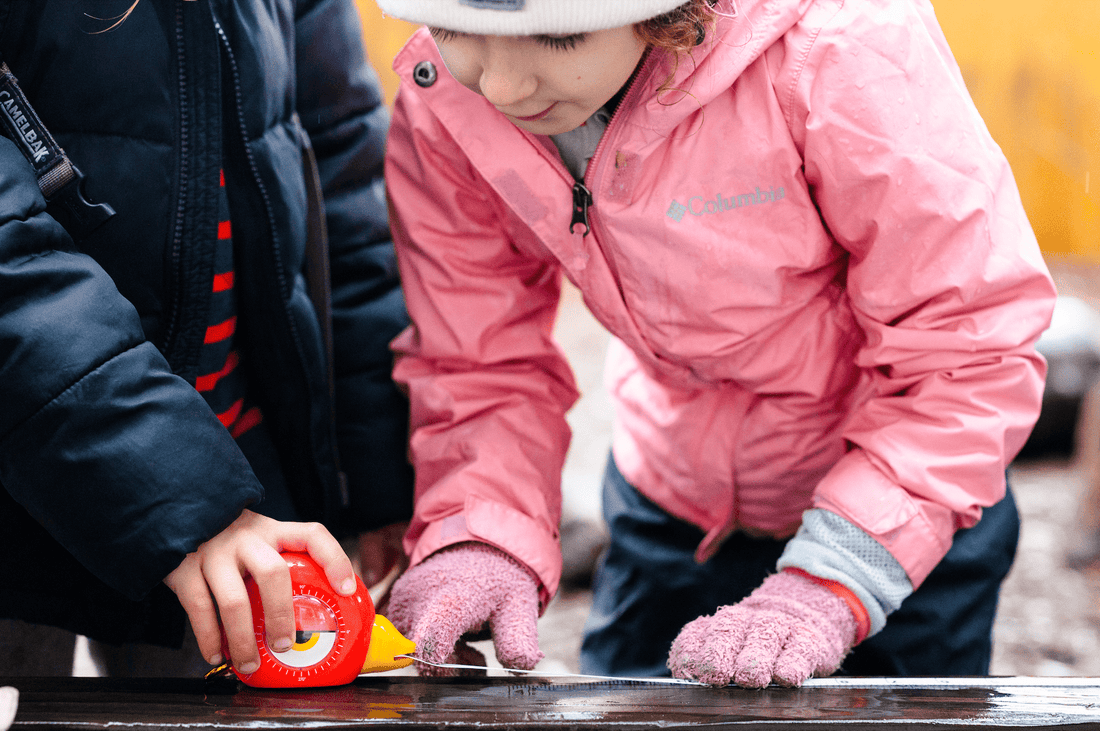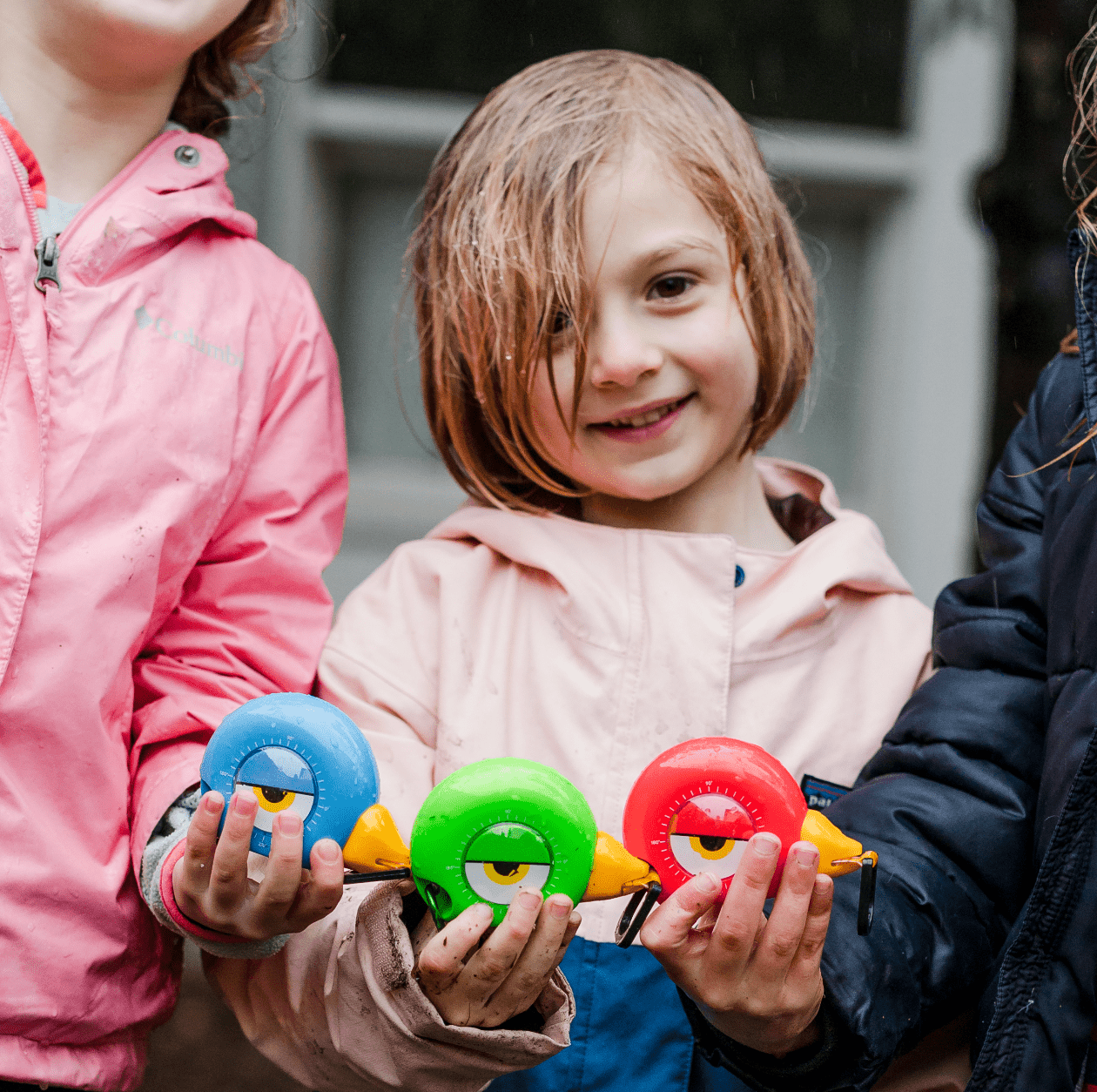
The Value of DIY Projects for Child Development: The Pitfalls of Excessive Screen Time
In today's digital age, where screens are omnipresent, it's crucial to recognize the importance of engaging children in DIY (Do-It-Yourself) projects. DIY activities offer numerous benefits for child development, fostering creativity, problem-solving skills, and social interactions. Simultaneously, excessive screen time can have detrimental effects on children's physical, cognitive, and emotional well-being. This article highlights the significance of DIY projects and sheds light on the risks associated with excessive screen time.
Promoting Creativity and Imagination
DIY projects provide children with opportunities to unleash their creativity and imagination. Unlike passive screen activities, such as watching videos or playing games, DIY projects encourage children to think critically, plan, and execute their ideas. Whether it's building a birdhouse, creating artwork, or constructing a small model, hands-on activities allow children to express themselves in unique ways, fostering originality and problem-solving skills.
Enhancing Cognitive Development
Engaging in DIY projects stimulates various aspects of cognitive development. When children design and construct something on their own, they encounter challenges that require logical thinking, spatial awareness, and analytical skills. DIY activities often involve measuring, cutting, assembling, and troubleshooting, which boost children's cognitive abilities. Moreover, DIY projects offer opportunities to explore concepts such as math, science, and engineering, providing practical applications and reinforcing learning beyond traditional classroom settings.
Improving Fine Motor Skills
Children's fine motor skills, which involve precise movements of the fingers, hands, and wrists, are crucial for many everyday tasks and academic pursuits. DIY projects often require the use of tools, arts and crafts materials, and construction materials, allowing children to refine their fine motor skills. Whether it's using a paintbrush, handling small objects, or operating simple tools, engaging in DIY projects contributes to the development of dexterity, coordination, and manual skills.
Fostering Social Interaction and Collaboration
Participating in DIY projects also facilitates social interaction and collaboration among children. Many projects are best accomplished in a group setting, encouraging teamwork, communication, and problem-solving as children work together towards a shared goal. By engaging in hands-on activities with their peers, children develop essential social skills such as cooperation, negotiation, and empathy, which are fundamental for successful interpersonal relationships throughout their lives.
The Perils of Excessive Screen Time
While technology and screens have their benefits, excessive screen time can lead to a host of issues that negatively impact child development. Prolonged exposure to screens has been associated with sedentary behavior, leading to physical health problems like obesity, musculoskeletal issues, and sleep disturbances. Additionally, excessive screen use has been linked to attention problems, reduced academic performance, and impaired social skills due to limited face-to-face interactions.
Excessive screen time can also hinder a child's creativity and imagination. When children spend excessive hours passively consuming digital content, they are less likely to engage in open-ended play or explore their surroundings. This can restrict their ability to think creatively, problem-solve independently, and develop a sense of curiosity about the world.
Furthermore, the addictive nature of screens can impact a child's emotional well-being. Excessive screen time has been associated with increased anxiety, depression, and reduced self-esteem. By prioritizing virtual interactions over real-life connections, children may miss out on the emotional support and bonding that come from face-to-face relationships.
Conclusion
DIY projects offer invaluable benefits for child development, nurturing creativity, problem-solving skills, fine motor skills, and social interactions. As parents and educators, it is essential to encourage and provide opportunities for children to engage in hands-on activities. While technology and screens have their place, it is crucial to strike a balance and limit screen time


 https://handyfamm.com
https://handyfamm.com